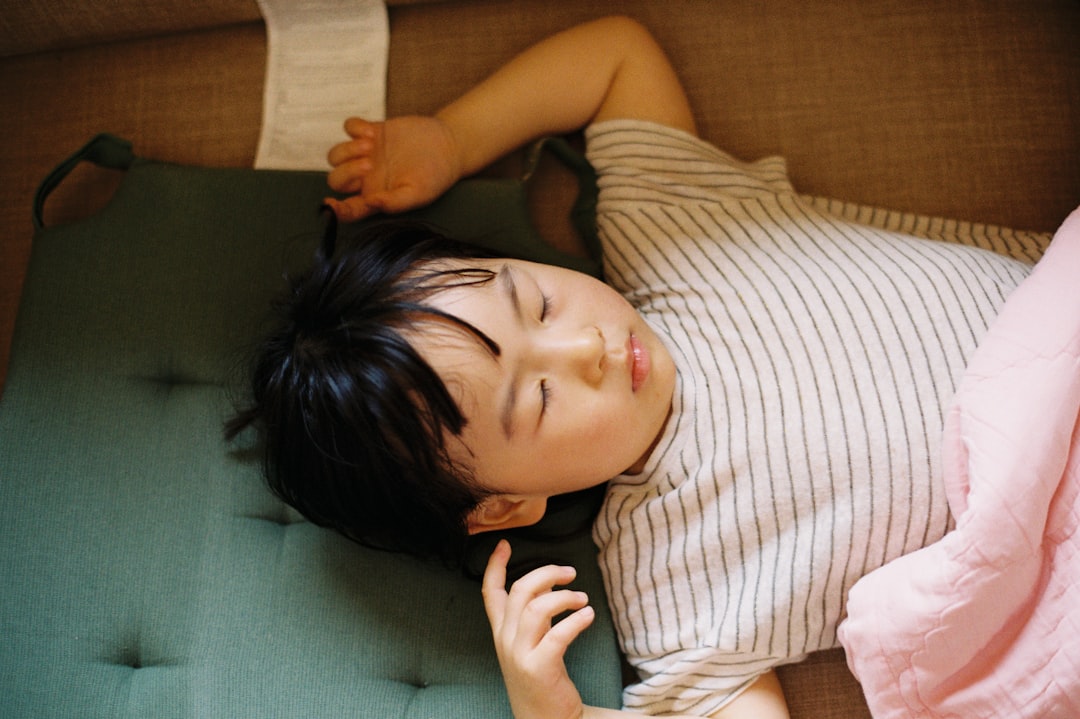
When is the best time to put young kids to bed?
As parents, one of the most important decisions we make is determining when to put our young kids to bed. While it may seem like a simple question, the answer can vary depending on several factors. In this blog post, we will explore the best time to put young kids to bed and provide some tips to establish a healthy bedtime routine.
The Importance of Sleep for Young Kids
Sleep plays a crucial role in a child's development and overall well-being. It is during sleep that their bodies and brains recharge, allowing them to grow, learn, and thrive. Adequate sleep also contributes to better behavior, attention span, and emotional regulation in young children.

Understanding Sleep Needs by Age
One of the key factors in determining the best bedtime for young kids is their age. Sleep needs change as children grow, so it's important to consider their developmental stage when establishing a bedtime routine.
Infants (0-12 months)
During the first year of life, babies require a significant amount of sleep. On average, newborns sleep around 14-17 hours per day, gradually decreasing to around 12-14 hours by their first birthday. However, it's important to note that infants have different sleep patterns and may wake up frequently during the night. Often when you least want them to!

Toddlers (1-3 years)
Toddlers need about 11-14 hours of sleep per day, including naps. Most children in this age group still take one or two naps during the day, which should be factored into their overall sleep schedule. Establishing a consistent bedtime routine can help toddlers transition from playtime to sleep time.
Preschoolers (3-5 years)
Preschoolers typically require 10-13 hours of sleep per day, including naps. As they outgrow their daytime naps, it becomes even more important to ensure they are getting enough sleep at night. Consistency and a calming bedtime routine can help preschoolers wind down and prepare for a restful night's sleep.

Factors to Consider
While age is an important factor, there are other considerations to keep in mind when determining the best bedtime for young kids:
- Individual Needs: Every child is unique, and their sleep needs may vary. Some children may require more or less sleep than the average for their age group. Pay attention to your child's behavior and adjust their bedtime accordingly.
- Family Schedule: Consider your family's daily routine and commitments. If early mornings are a regular occurrence, an earlier bedtime may be necessary to ensure your child gets enough sleep.
- Bedtime Routine: Establishing a consistent and calming bedtime routine can help signal to your child that it's time to wind down and prepare for sleep. This routine may include activities such as reading a book, taking a warm bath, or listening to soothing music.
There is no better way to get your preschooler into routine than with Easy Daysies visual schedules!

Conclusion
While there is no one-size-fits-all answer to the question of when to put young kids to bed, understanding their age-related sleep needs and considering individual factors can guide you in establishing an appropriate bedtime. Remember, consistency and a calming routine are key to helping your child get the restful sleep they need for their growth and development.
Warmly,


